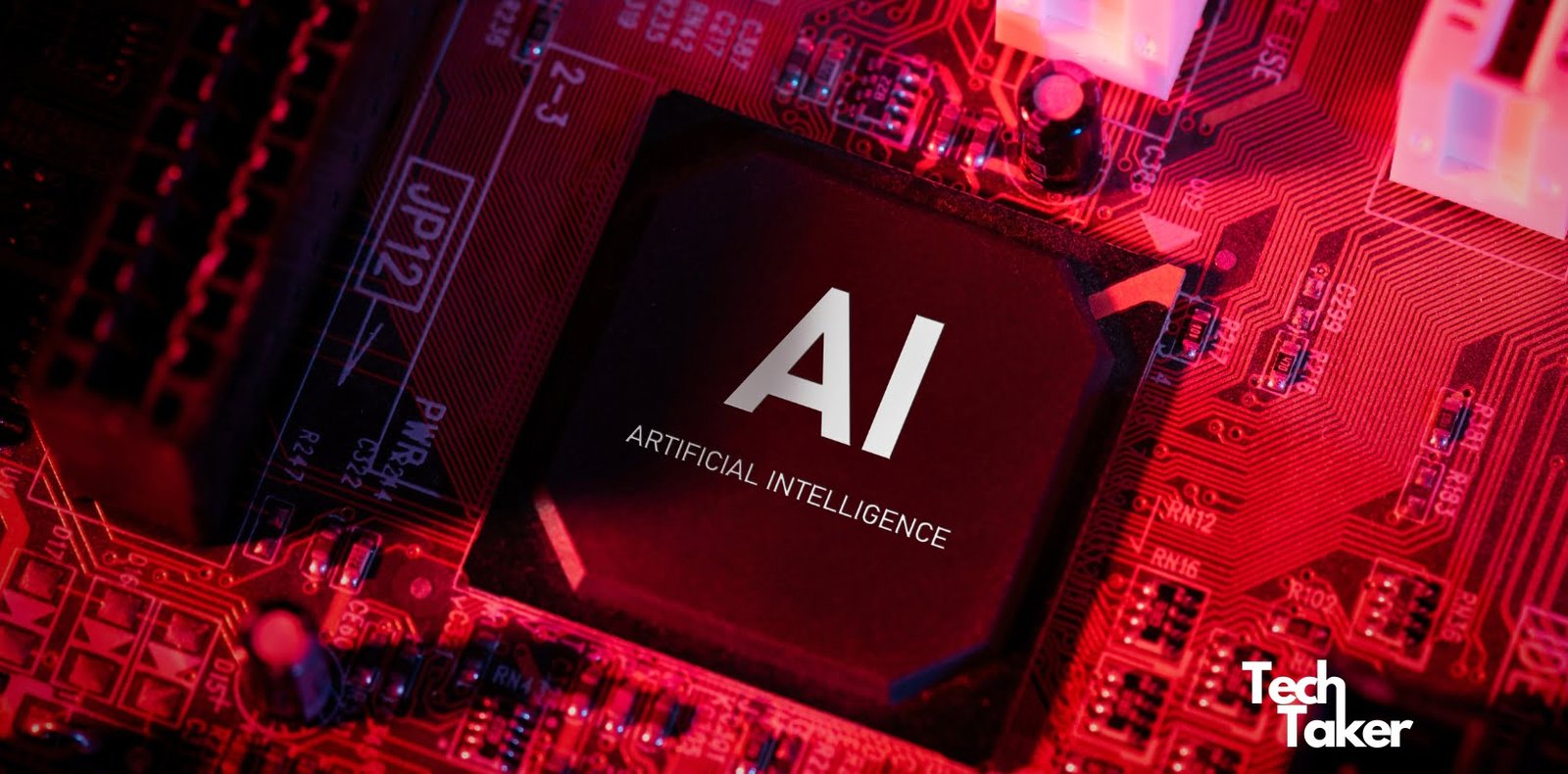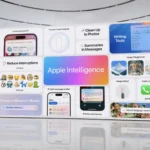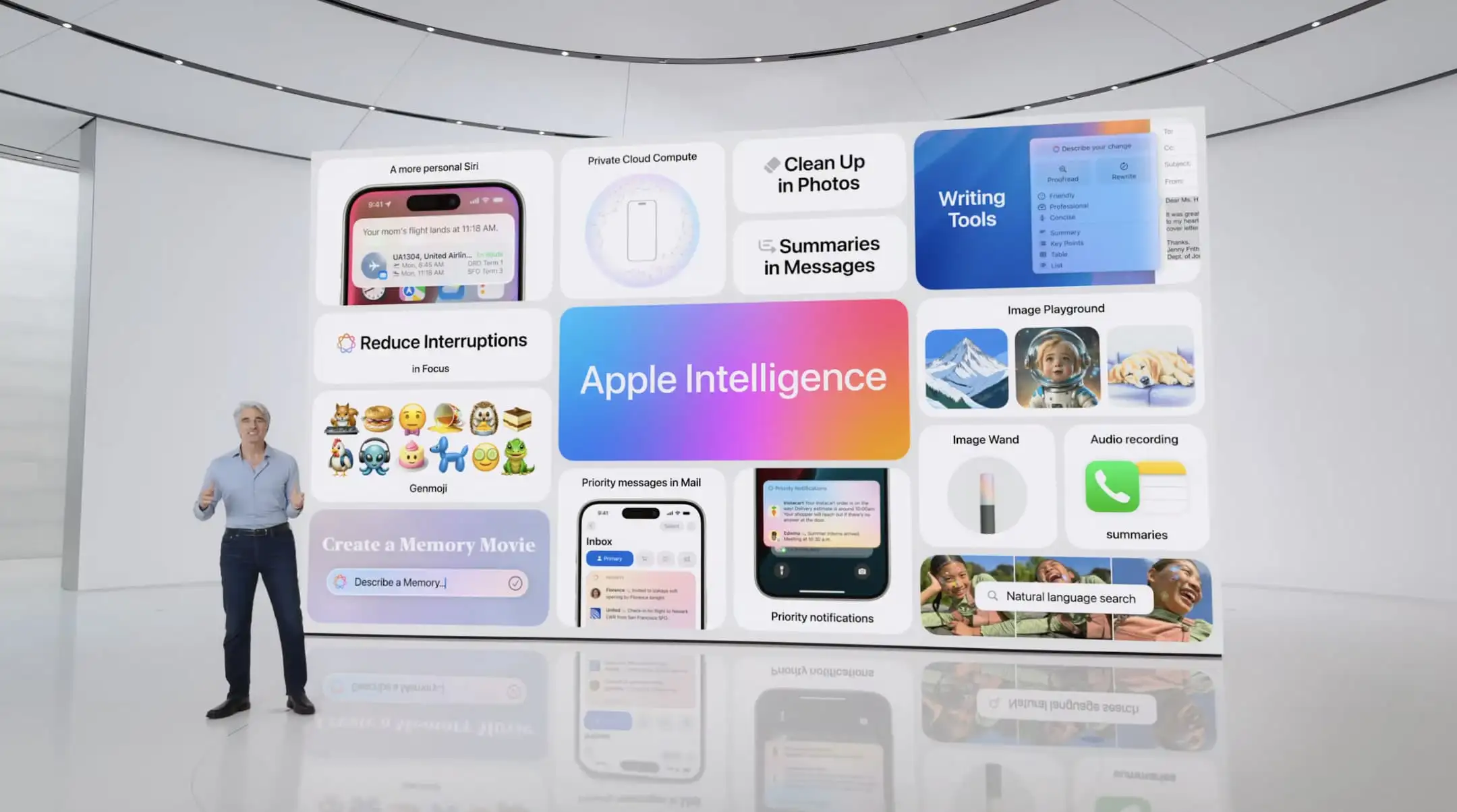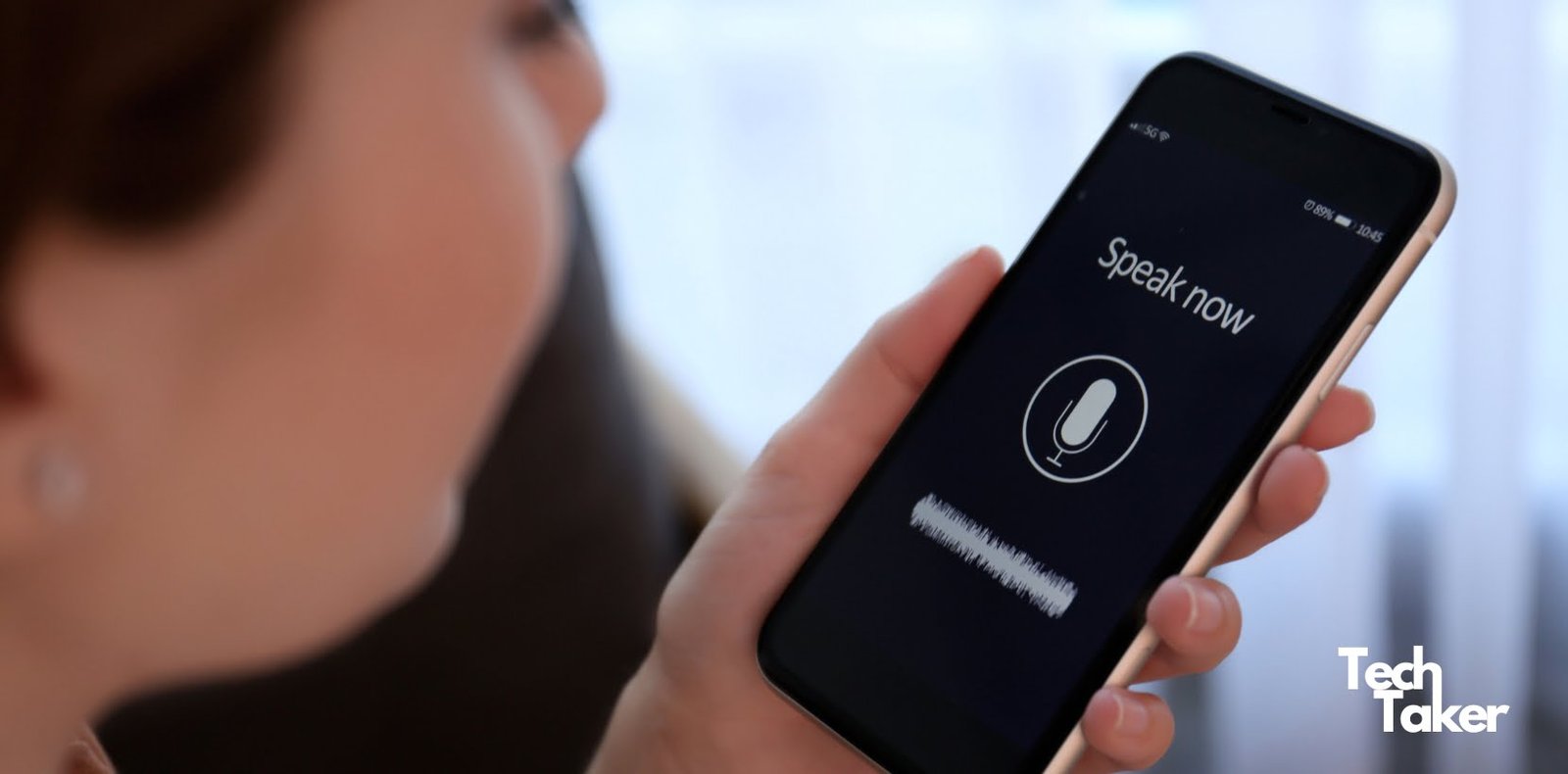

AI Features on Phone Technology in 2025
Introduction to AI in Mobile Technology
The year 2025 marks a significant milestone in the rapid advancements of AI technologies and their integration into mobile phones. In recent years, AI has transcended its traditional boundaries, evolving from basic functionalities like voice recognition and personalized recommendations to more intricate features that have redefined how smartphones operate. The transformative impact of AI is evident in various aspects of mobile technology, enhancing user experience and paving the way for unprecedented innovations.
AI-driven enhancements in mobile technology have ushered in a new era where devices are not just tools but intelligent assistants. From predictive text and smart cameras to advanced biometric authentication, AI has seamlessly woven itself into the fabric of mobile use. This integration has led to more intuitive interfaces, capable of learning from user behavior to provide highly personalized experiences. As a result, smartphones in 2025 are not just communicating devices but powerful computing tools that cater to individual needs dynamically and efficiently.
Furthermore, the implementation of AI in mobile phones has significantly boosted their performance, security, and accessibility. Machine learning algorithms continuously optimize battery life by predicting user patterns, while advanced AI systems offer robust protection against cyber threats. Moreover, AI has played a crucial role in making technology more inclusive, with features such as real-time language translation and enhanced voice command functionalities breaking down barriers and making smartphones more user-friendly for individuals with disabilities.
As we delve deeper into the nuances of AI-integrated mobile technology, it becomes evident that these advancements are just the beginning. The rapid progress in AI is setting the stage for more groundbreaking innovations that will further transform our interaction with mobile devices. In the upcoming sections, we will explore specific AI features that have revolutionized phone technology, providing a comprehensive understanding of their implications and potential.

AI-Powered Personal Assistants
As we look towards 2025, AI-powered personal assistants such as Siri, Google Assistant, and Alexa are expected to demonstrate significant advancements. These AI-driven technologies have evolved from simple voice-based query systems to highly sophisticated personal assistants capable of understanding and executing complex tasks. By enhancing their natural language processing (NLP) abilities, these assistants have become more intuitive and user-friendly, allowing for more seamless and dynamic conversations.
The key to this evolution lies in the improved capability of these assistants to comprehend and process natural language with greater accuracy. This improvement in NLP enables these AI systems to grasp the context of user queries more effectively, facilitating more relevant and precise responses. The increased contextual understanding ensures that these AI assistants can handle multifaceted commands, rendering them invaluable in day-to-day operations.
One of the most significant developments is the autonomy with which these AI-powered assistants can now perform tasks. Beyond setting reminders or sending messages, they’re capable of managing entire schedules, optimizing workflows, and coordinating complex activities without continuous human intervention. This heightened level of autonomy provides users with valuable time savings and reduces the cognitive load associated with managing multiple tasks.
Further integration with smart home technologies has cemented AI assistants’ roles in modern households. Users can effortlessly control a wide range of smart devices through voice commands, such as adjusting thermostats, turning lights on or off, or even operating home security systems. The seamless interaction between AI assistants and smart devices illustrates their central role in creating a more connected and efficient living environment.
These AI advancements are not only reshaping user experiences but are also setting new standards for future technology. As AI personal assistants become even more capable and autonomous, their integration into daily life will deepen, driving further innovations and enhancing overall quality of life.
Enhanced Camera and Photography Features
In the rapidly evolving landscape of mobile photography, AI is set to revolutionize how we capture and relive our moments through images and videos by 2025. Artificial intelligence will profoundly enhance multiple facets of smartphone cameras, starting with scene detection. Leveraging advanced AI algorithms, future mobile cameras will automatically recognize a diverse array of scenes—from scenic landscapes to bustling cityscapes—and optimally adjust settings to capture the finest details and colors of each unique environment. This will allow even amateur photographers to shoot like professionals without manual tinkering.
AI-driven automatic adjustments will further refine your photography experience. Modern smartphone cameras will seamlessly balance exposure, white balance, and focus in real-time, ensuring every shot is ideally composed regardless of lighting conditions. Consequently, users will enjoy fewer mediocre or failed attempts and more stunning, ready-to-share photos.
Portrait modes will also see significant enhancements. AI will precisely differentiate between the subject and background, resulting in an impeccable depth-of-field effect that creates stunningly detailed and professional-looking portraits. Additionally, real-time editing will empower users to alter various aspects of their photos instantaneously. From removing blemishes to adjusting the brightness, contrast, or adding artistic effects, AI will enable near-instant photo optimization without the need for external apps.
Video recording capabilities will notably benefit from these advancements. AI will bring about superior video stabilization, reducing shakiness to deliver smoother recordings. Moreover, low-light performance will be greatly improved thanks to AI’s ability to intelligently manage noise reduction and light augmentation, resulting in clearer and more consistent footage in dimly lit environments. Whether capturing family gatherings or producing high-quality content for social media, AI will make mobile videography more accessible and impressive.
As we approach 2025, the transformative role of AI in mobile photography can be anticipated to deliver devices that are not just cameras but powerful imaging systems capable of taking the perfect shot in any situation. The convergence of AI with mobile technology will set a new paradigm in how we capture, edit, and share our visual experiences.
AI and Mobile Security
The year 2025 has marked significant advancements in mobile phone security, chiefly driven by artificial intelligence (AI). Today’s AI-powered mobile security systems integrate advanced facial recognition, fingerprint sensors, and behavioral biometrics to provide robust protection for users.
AI-enhanced facial recognition technology has evolved to a point where it offers near-instantaneous and highly accurate identification. Unlike earlier systems, which were susceptible to spoofing using photos or videos, contemporary facial recognition algorithms utilize 3D depth sensing and infrared mapping to ensure the integrity of the identification process. This means that only live, physical faces can unlock the device, thereby mitigating the risk of unauthorized access.
Similarly, modern fingerprint sensors have seen considerable improvements courtesy of AI. These sensors now employ machine learning algorithms to better discern genuine fingerprints from fraudulent copies. The enhanced precision ensures that even the minutest details are captured and analyzed, thereby offering a much more secure and reliable method of authentication compared to previous technologies.
Meanwhile, the integration of behavioral biometrics has emerged as a forefront security feature. By analyzing patterns in how users interact with their devices—such as typing rhythm, swipe gestures, and even the way they hold their phones—AI systems can continuously authenticate the user in the background. This layer of security acts as a second line of defense, ensuring that any deviation from established behaviors triggers an alert or additional verification steps.
Beyond the biometric domain, AI’s role extends significantly into the realm of cybersecurity. With real-time threat detection capabilities, AI algorithms continuously monitor network activities, app behaviors, and data access patterns to detect and mitigate potential cyber threats, fraud, and unauthorized data access. These systems are designed to identify anomalies and respond almost instantaneously, thereby providing robust protection against evolving cyber threats.
AI-Powered Applications and Services
As we approach 2025, the integration of artificial intelligence (AI) into third-party applications is set to revolutionize various facets of daily life, offering unprecedented enhancements in efficiency and effectiveness. One significant application is in health monitoring. AI-powered tools are now capable of continuously tracking vital signs, such as heart rate, blood pressure, and even glucose levels, providing real-time analysis and alerts to users and medical professionals. This kind of precision monitoring ensures timely interventions and can potentially save lives.
Another critical area where AI makes a substantial impact is personalized fitness coaching. These smart applications use data analytics and machine learning to create tailor-made exercise routines and dietary plans based on a user’s individual needs and preferences. By setting realistic goals and optimizing performance, they help users achieve their fitness objectives more effectively. The integration of AI-driven fitness coaching applications is also instrumental in maintaining user motivation through interactive feedback and progress tracking.
In the realm of augmented reality (AR), AI is taking user experiences to new heights. Advanced AI algorithms enhance AR applications by improving object recognition, environmental understanding, and interaction quality. This results in more immersive and intuitive experiences where virtual elements seamlessly blend with the real world. Whether it’s for gaming, education, or virtual job training, AI-enriched AR applications are set to become an invaluable resource.
AI-driven financial services represent another domain seeing remarkable advancements. These applications employ sophisticated algorithms to provide personalized financial advice, manage investments, and offer predictive insights into market trends. Users can make informed decisions with minimal effort, guided by data-specific recommendations tailored to their financial goals and risk tolerance. Moreover, AI-based fraud detection and cybersecurity measures provide an added layer of protection, enhancing user trust and confidence in digital financial platforms.
In essence, the infusion of AI into these applications significantly improves their utility, making everyday tasks more convenient and decision-making processes more informed. Whether it’s maintaining health, reaching fitness milestones, enriching experiential learning, or managing finances, AI-powered applications stand at the forefront of innovation, ensuring a smarter and more responsive digital ecosystem for users.
Adaptive User Interfaces and Personalization
As we approach 2025, the integration of Artificial Intelligence (AI) in phone technology is paving the way for highly adaptive user interfaces that significantly enhance user interaction. These interfaces leverage advanced machine learning algorithms to learn and anticipate user preferences over time. Through continuous analysis of usage patterns, AI can dynamically adjust the layout, design, and functionalities of a phone’s interface to suit individual user habits.
Personalized recommendations are a hallmark of this advancement. AI-driven systems can suggest apps that align with the user’s activities and interests, thereby maximizing their utility. For instance, if an individual frequently uses navigation apps during specific times of the day, the system can proactively place those apps in a more prominent position on the home screen during those periods. Additionally, AI-powered assistants can recommend content such as news articles, videos, or music, based on the user’s past engagement and preferences.
Another significant aspect is the customization of device settings. AI can autonomously tweak settings such as brightness, volume, and battery optimization based on contextual data. For example, in a low-light environment, the brightness might be reduced automatically, or in a meeting, the phone could switch to silent mode without user intervention.
These advancements substantiate the pivotal role of AI in creating a seamless, intuitive, and highly personalized user experience. By tailoring the phone environment to individual needs, AI is not only enhancing user satisfaction but also ensuring efficient device operation. The future of phone technology in 2025 promises an era where devices are intimately attuned to their users, offering a custom-fit blend of functionality and convenience.
Battery and Performance Optimization
As the landscape of phone technology continues to evolve, one of the most significant advancements anticipated by 2025 is the integration of AI-driven battery and performance optimization. This section delves into the sophisticated methods through which artificial intelligence enhances phone battery life and performance, aiming to prolong device longevity and improve user efficiency.
One prominent feature is adaptive battery usage, which leverages AI algorithms to learn user habits and prioritize power distribution to frequently used applications. This reduces energy consumption by limiting background activities of less frequently used apps. In tandem, predictive charging cycles are set to revolutionize how smartphones manage their power. By analyzing patterns in users’ behavior, phones can predict optimal times for recharging, preventing overcharging and extending battery lifespan.
Furthermore, intelligent workload management encompasses a suite of AI technologies designed to optimize system performance dynamically. By assessing the complexity of ongoing tasks, AI can allocate resources efficiently, ensuring that demanding applications receive the necessary processing power while less-critical apps operate on reduced resources. This approach minimizes overheating and maximizes overall performance, delivering a seamless user experience.
With these advancements, AI not only addresses the perennial issue of battery drain but significantly contributes to the smart management of device resources. The sophistication of adaptive battery usage and predictive charging cycles helps maintain battery health, while intelligent workload management enhances processing capabilities. By integrating these features, phones in 2025 will boast not only extended usage times but also optimized performance, ultimately fostering greater user satisfaction and device reliability.
The Future of AI in Mobile Technology
As we move beyond 2025, the potential for AI in mobile technology seems boundless. Future innovations are likely to bring even more sophisticated and personalized experiences to users. Enhanced natural language processing will enable phones to understand and respond to human emotions more accurately, providing truly intuitive user interfaces. Virtual assistants could evolve into virtual companions, capable of performing complex tasks and making autonomous decisions based on user preferences and historical data.
The integration of AI with augmented reality (AR) and virtual reality (VR) will propel mobile technology into new realms of interactivity. Imagine smartphones serving as virtual tutors, doctors, or personal trainers, offering seamless and immersive learning and wellness experiences customized for individual needs. Additionally, advancements in AI-driven image and video processing will elevate mobile photography to unprecedented levels, making every shot frame-worthy and professionally enhanced in real-time.
However, as AI becomes increasingly ingrained in mobile technology, several ethical considerations and challenges arise. Data privacy remains a paramount concern. With AI systems constantly collecting and analyzing user data, robust measures must be put in place to ensure data security and protect user rights. The need for transparency in AI algorithms will become crucial to maintain trust and address biases that may inadvertently arise within these systems.
The complexity of AI models also prompts questions about accountability and control. As AI systems achieve higher levels of autonomy, establishing clear guidelines on decision-making processes and liability will be essential. Furthermore, the digital divide could widen if access to advanced AI technologies remains uneven, emphasizing the importance of creating inclusive technological advancements that benefit all segments of society.
In essence, the future of AI in mobile technology promises an era of unprecedented possibilities. While the road ahead may be fraught with challenges, a balanced approach that prioritizes ethical considerations and equitable access will ensure that AI’s integration enriches our lives while fostering a responsible and inclusive technological ecosystem.
Related Posts
Anonymous
Your point of view caught my eye and was very interesting. Thanks. I have a question for you.
Create a free account
Thanks for sharing. I read many of your blog posts, cool, your blog is very good.
tlovertonet
naturally like your website but you have to check the spelling on several of your posts. A number of them are rife with spelling issues and I find it very bothersome to tell the truth nevertheless I’ll definitely come back again.
binance konto
Thank you for your sharing. I am worried that I lack creative ideas. It is your article that makes me full of hope. Thank you. But, I have a question, can you help me?
binance
Your article helped me a lot, is there any more related content? Thanks! https://www.binance.com/uk-UA/register?ref=W0BCQMF1
Prihlásení na binance
Your article helped me a lot, is there any more related content? Thanks!
drover sointeru
I beloved up to you’ll obtain carried out right here. The cartoon is tasteful, your authored subject matter stylish. however, you command get bought an edginess over that you would like be delivering the following. unwell unquestionably come further before again as exactly the similar nearly a lot regularly inside of case you protect this increase.
abrir conta na binance
Your point of view caught my eye and was very interesting. Thanks. I have a question for you.
Inscription sur www.binance.com
Thanks for sharing. I read many of your blog posts, cool, your blog is very good.
binance racun
Thanks for sharing. I read many of your blog posts, cool, your blog is very good. https://accounts.binance.com/es-MX/register-person?ref=JHQQKNKN
www.binance.com’a kaydolun
Thanks for sharing. I read many of your blog posts, cool, your blog is very good.
binance註冊獎金
Your point of view caught my eye and was very interesting. Thanks. I have a question for you.
best binance referral code
Thanks for sharing. I read many of your blog posts, cool, your blog is very good.
binance推薦
Can you be more specific about the content of your article? After reading it, I still have some doubts. Hope you can help me.
zoritoler imol
I like this web site very much, Its a rattling nice post to read and get information.
Skapa ett gratis konto
Thanks for sharing. I read many of your blog posts, cool, your blog is very good.
inscric~ao no www.binance.com
Your point of view caught my eye and was very interesting. Thanks. I have a question for you.
account binance gratuito
Your article helped me a lot, is there any more related content? Thanks!










25 comments